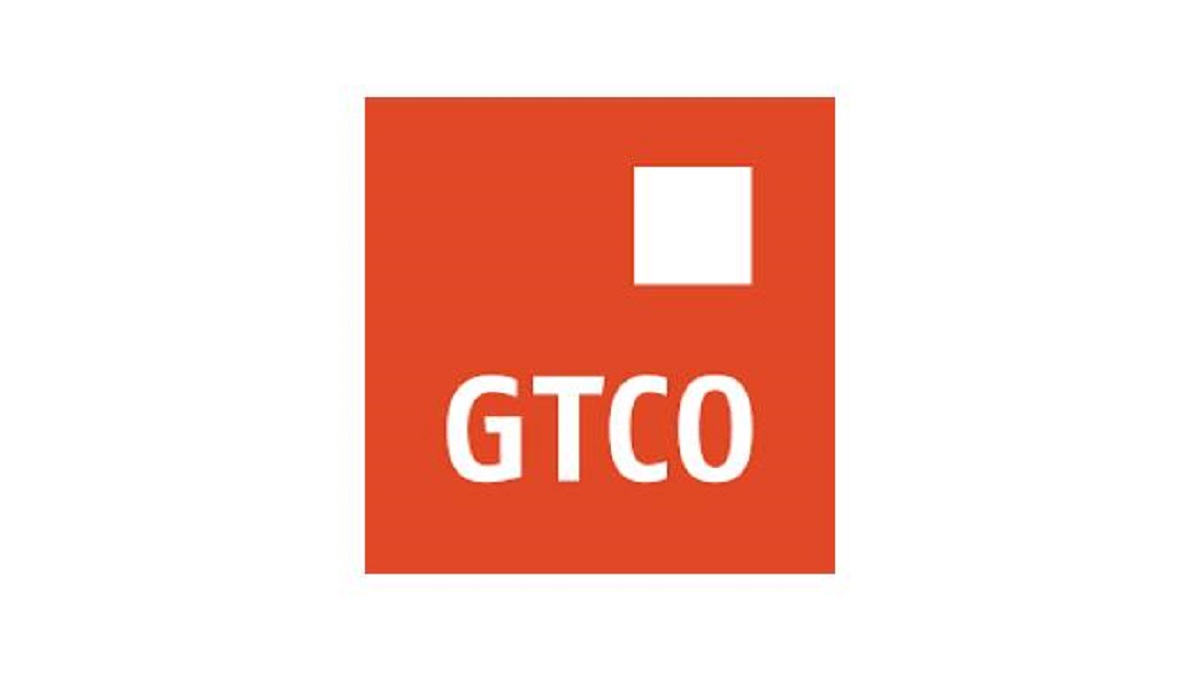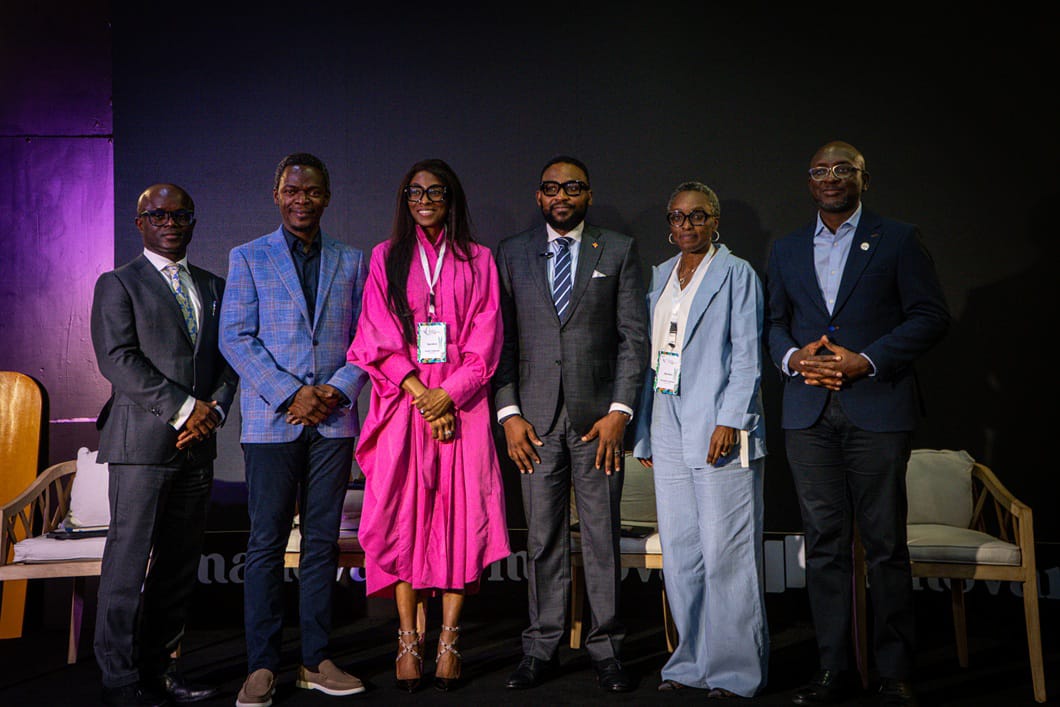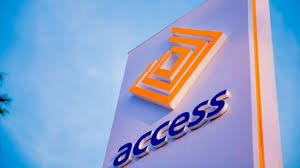Business
GTCO Introduces Squad to Ease Payment for African Merchants

When it comes to internet penetration and adoption of mobile payments, most African countries are still very much below the global average. Even where the internet penetration is improving, the mobile payments adoption rate is still low, meaning an overall lag. For instance, in Kenya where mobile payment adoption is most on the continent, only about 23.1% of the internet users actually use mobile payment methods.
So, even though the internet infrastructure allows business owners access a wide market, mostly outside their location, sending and receiving payments with ease still remains a struggle for many. But this is only for businesses that are not taking advantage of Squad – the newly launched Integrated Payment Solution that is set to revolutionise digital payments in Africa.
Squad is a payment service that is set to drive the future of mobile payments in the African Continent. If you have imagined an Africa where every payment is digital, it is an Africa where every business uses Squad. The features show that this might be the most online and offline payments option for merchants.
Squad will be empowering businesses by taking care of their payment problems and helping to make every payment digital whether it is made online or offline. It features offline as well as online payment acquisition channels like the Payment Gateway and the Soft POS. If you are worried about getting or handling a POS, the software Point of Sale (Soft POS) allows merchants and vendors to accept payments directly on their phone or device without the need for any additional software. And isn’t this what every merchant needs?
Also, there are several value-added services like the bulk payment collection, automated reconciliation of offline and online payments, fraud prevention tools and instant settlement among others.
There is a need to get on board the use of Squad considering the need to adopt more cashless based transactions in Africa, growing cases of transmittable diseases, tightened cash liquidity, insecurity amongst others.
The best way to sum it is that Squad is the one-stop payment solution for every business in Africa. Squad is that single product that brings technology and user experience and satisfaction for a meet-and-greet. The features are designed for and targeted at micro and small business owners like Kiosk owners and petty traders, medium business owners like digital sellers, online vendors; Tech talents; and even big enterprises.
It is interesting to note that the adoption of cashless based transaction help businesses especially small and medium scale enterprises to increase their top line (revenue). According to a survey by Khatabook, about 45% of SMEs report a boost in sales after adopting mobile or digital payment services.
Therefore, with Squad bringing in a solution that features ease, convenience, and security from fraud, businesses can jump on this train and improve their chances of success.
It makes so much sense that such a product is coming from Guaranty Trust Holding Company Plc (GTCO). Indeed, if any brand has the relevant pieces to define new frontiers in payment and dominate the payments landscape in Africa, it is GTCO.
The GTCO Squad behind Squad
Guaranty Trust Holding Company Plc is a fully fledged financial services group, on a mission to make financial services accessible to all Africans. GTCO Plc metamorphosed from Guaranty Trust Bank Ltd which has really been around since the 1990s, and now present in several African countries including Uganda, Ghana, Gambia, Sierra Leone, Rwanda and Kenya.
In June 2011, Segun Agbaje took over as Chief Executive of the Bank and since then led the team to blaze a trail in innovation and efficiency. Within the space of a decade, Agbaje raised the Bank’s profit by N1.3 trillion and expanded the balance sheet by 12.07% on average annual growth. The assessment indices show positive growth for the financial institution not just in Nigeria, but in every African country where GTCO is present.
Shareholder’s wealth has also seen a major boost during the period with total equity rising from N230.393 billion in 2011 to N814.395 billion in 2021, an average 13.46% growth per annum. Earnings per share also grew 15.45% on the cumulative average growth rate, from N1.69 per share outstanding in 2011 to N7.11 in 2020. Total assets grew by at least by 12.07% annually in the decade, from N1.598 billion in 2011 to N4.944 trillion in 2020.
What we can all attest to is that the numbers don’t lie, and GTCO has a track record filled with numbers that demonstrate efficiency and profitability, even in the face of the harsh and challenging economy which crumbled several other businesses. Only a formidable leadership could have sustained such records.
GTCO has always had a digital-first, customer-centric strategy that builds digital products and to help individuals and businesses thrive. Expectedly, the bank was recipient of several awards at the Electronic Payment Incentive Scheme (EPIS) Efficiency Awards organized by the Central Bank of Nigeria (CBN) in conjunction with the Nigeria Inter Bank Settlement System (NIBSS). The bank clinched 8 out of the 13 awards available for the banking industry at the 2019 EPIS Efficiency Awards including Best Customer Experience Award; Cashless Driver, Point of Sale (POS) Transactions; Real-Time Payments Transaction Efficiency; Cashless Driver, USSD Channel Champion among others.
The Holding company is now home to several trusted brands that are driving innovation and creating viral product adoption, ensuring great experiences and growing valuable customer engagement. Squad is only the latest addition to this list.
Culled from Nairametrics
Business
AI-Driven Transformation a Must in African Corporate Banking – Access Holdings ED Bamisebi

The Executive Director, IT and Digitisation, Access Holdings, Mr. Lanre Bamisebi, has called for sector-focused, AI-driven transformation in corporate African banking. This is even as corporate banking in Africa is undergoing a transformation, and the conversation has shifted beyond traditional deposits and loans.
Bamisebi made the submission while speaking as a panelist during a session at Future of Finance Summit, highlighting the urgent need for financial institutions to bridge the widening gap between what corporates require and what banks currently provide.
“Corporates are no longer asking for just an ad or a simple product, they want visibility into liquidity, frictionless cross-border payments, and integrated solutions that anticipate their changing needs.” Bamisebi noted.
Despite progress across the industry, he acknowledged a persistent disconnect between corporate expectations and available banking services.
Drawing from Access Bank’s scale, serving over 65 million customers and processing up to 12.5 million transactions daily, Bamisebi underscored the transformative potential of technology and artificial intelligence in closing this gap. Advanced data management and AI-driven insights, he said, now make it possible to personalise corporate solutions at a level previously unimaginable.
“Retail banking is straightforward, corporate banking is complex. Every company, even within the same sector, has unique needs that require tailored solutions.” he explained.
The Access Holdings ED also addressed the realities of legacy systems and the challenge of innovating while maintaining stability.
“It is like flying a plane while serving meals, We have to keep operations steady while deploying technology and AI to adapt to corporate requirements as they evolve,” he quipped.
He emphasised that generic, one-size-fits-all products no longer meet the needs of companies in sectors such as oil and gas, mining, and telecommunications.
Instead, banks must invest in deep sector expertise, build flexible AI-enabled solutions, and continuously evolve with their clients. The future, he said, belongs to institutions that can deliver predictability and proactive service, anticipating needs before clients even voice them.
On the growing reliance on AI, Bamisebi expressed measured optimism. While AI is now essential to modern banking, he cautioned that its biases and potential “hallucinations” require strong oversight. He compared today’s stage of AI adoption to the early days of the Internet: transformative, necessary, and demanding vigilance.
Looking ahead, Bamisebi offered three strategic recommendations for banks aspiring to become the preferred corporate banking partners across Africa: Model success; Study and adapt effective frameworks, including Access Bank’s customer-centric approach. Focus on a niche; Rather than attempting to serve every sector, specialize deeply and deliver superior value in selected industries and Commit to continuous learning; Stay attuned to clients’ evolving needs and invest in technology capable of anticipating those changes.
Bamisebi concluded that the future of corporate banking in Africa lies in the fusion of sector-specific expertise, AI-driven insights, and relentless adaptability. Banks that embrace this trifecta, he affirmed, will not only meet the needs of modern corporates but also play a defining role in shaping the continent’s financial future.
Business
CBN Retains Interest Rate at 27%

The Monetary Policy Committee of the Central Bank of Nigeria has maintained the benchmark interest rate at 27 per cent, extending its pause on monetary tightening.
The CBN Governor, Olayemi Cardoso, announced the decision on Tuesday at the end of the committee’s 303rd meeting in Abuja.
Cardoso said, “The Committee decided by a majority vote to maintain the monetary policy stance,” indicating that members were not yet convinced that current economic conditions warranted another reduction.
The move follows the 50-basis-point cut implemented in September 2025, the only rate reduction since the tightening cycle began under the current CBN leadership.
It also marks the fourth consecutive hold this year.
The MPC had raised rates six times in 2024 amid surging inflation and currency pressures.
The Punch
Business
Access Bank Launches “DettyFusion” Platform for Seamless Detty December Experience

Access Bank Plc, Nigeria’s largest retail bank, is set to unveil DettyFusion, an innovative all-in-one digital platform designed to help Nigerians at home and in the diaspora seamlessly discover, plan, and enjoy entertainment events during the upcoming Christmas and New Year festive season.
Billed as the first-of-its-kind entertainment aggregator in the country, DettyFusion will serve as a centralized hub where users can explore event calendars, purchase tickets, access exclusive discounts, participate in curated festive experiences, and make safe, seamless payments throughout the holiday period.
Speaking on the forthcoming launch, Access Bank’s Head of Mobility, Ishmael Nwokocha, said the platform was inspired by the bank’s commitment to enhancing customer experience during the highly anticipated Detty December season.
“Every December, Nigerians look forward to moments that bring joy, connection, and unforgettable experiences. The launch of DettyFusion will create a single gateway that makes it easier, safer, and more convenient for customers to enjoy the thrills of Detty December,” Nwokocha stated.
He added that the platform reflects Access Bank’s drive to deliver innovative lifestyle solutions that extend beyond traditional banking services. “DettyFusion brings together key features that meet the needs of today’s digitally active and experience-driven audience,” he said.
With this initiative, Access Bank continues to reinforce its position as a leading lifestyle enabler, supporting Nigeria’s creative sector while empowering customers to enjoy top-tier entertainment during the festive season.
With DettyFusion, Detty December just got smarter, more convenient, and even more rewarding.






